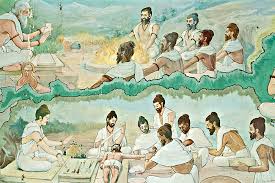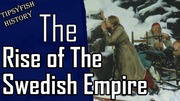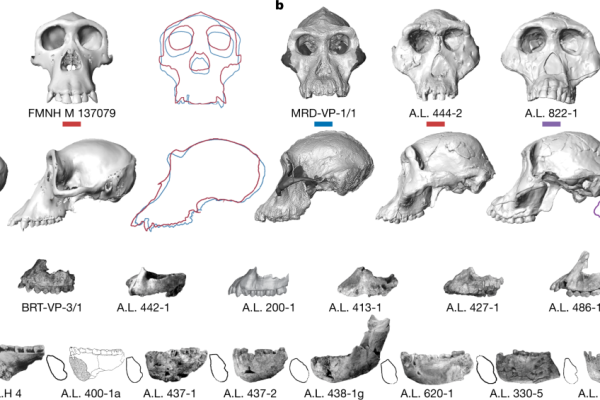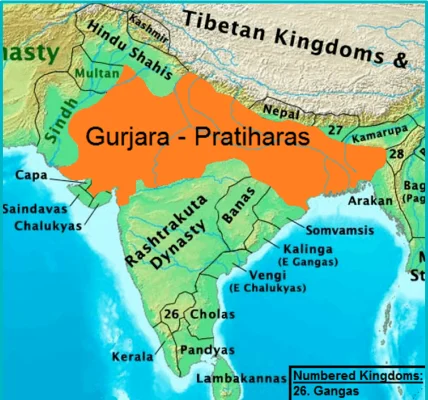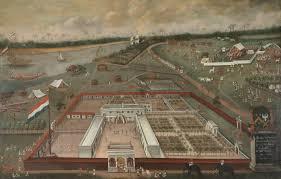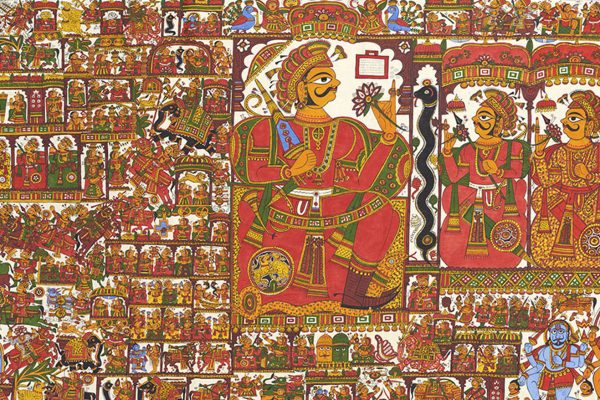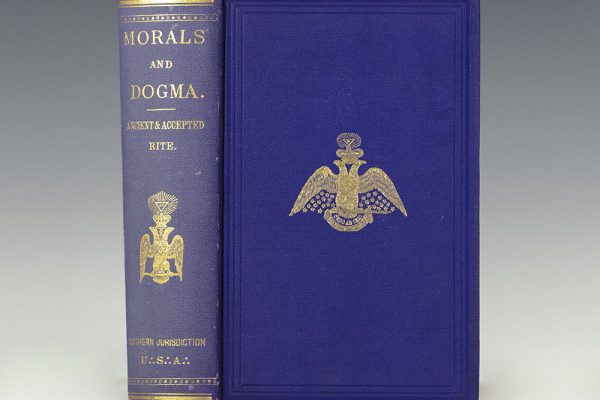
China’s Strategic Maneuvering in the Middle East: Displacing American Influence
China’s expanding influence in the Middle East through extensive economic investments, diplomatic engagements, and military cooperation marks a significant geopolitical shift, challenging traditional American dominance in the region. This comprehensive analysis explores China’s strategic initiatives such as the Belt and Road Initiative, which have catalyzed infrastructure development and economic growth across the region. Diplomatically, China has fostered strategic partnerships and engaged in conflict mediation, enhancing its credibility as a neutral player. Military ties, including arms sales and naval presence, underscore China’s commitment to regional security. Despite benefits, challenges like debt sustainability and environmental impacts necessitate careful management. Looking forward, the Middle East’s future will hinge on navigating these dynamics to maximize national interests amidst evolving global rivalries and economic transformations.








